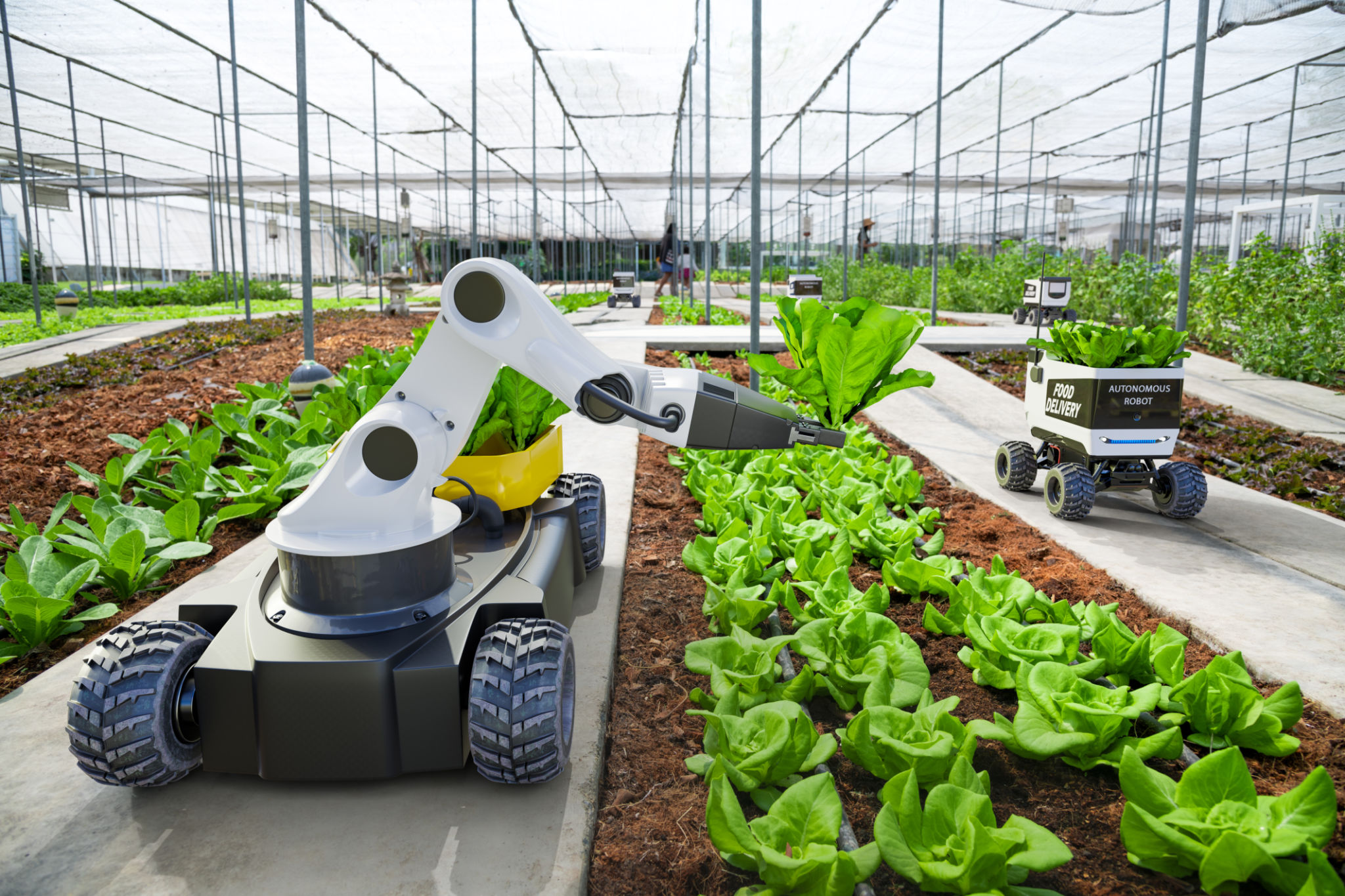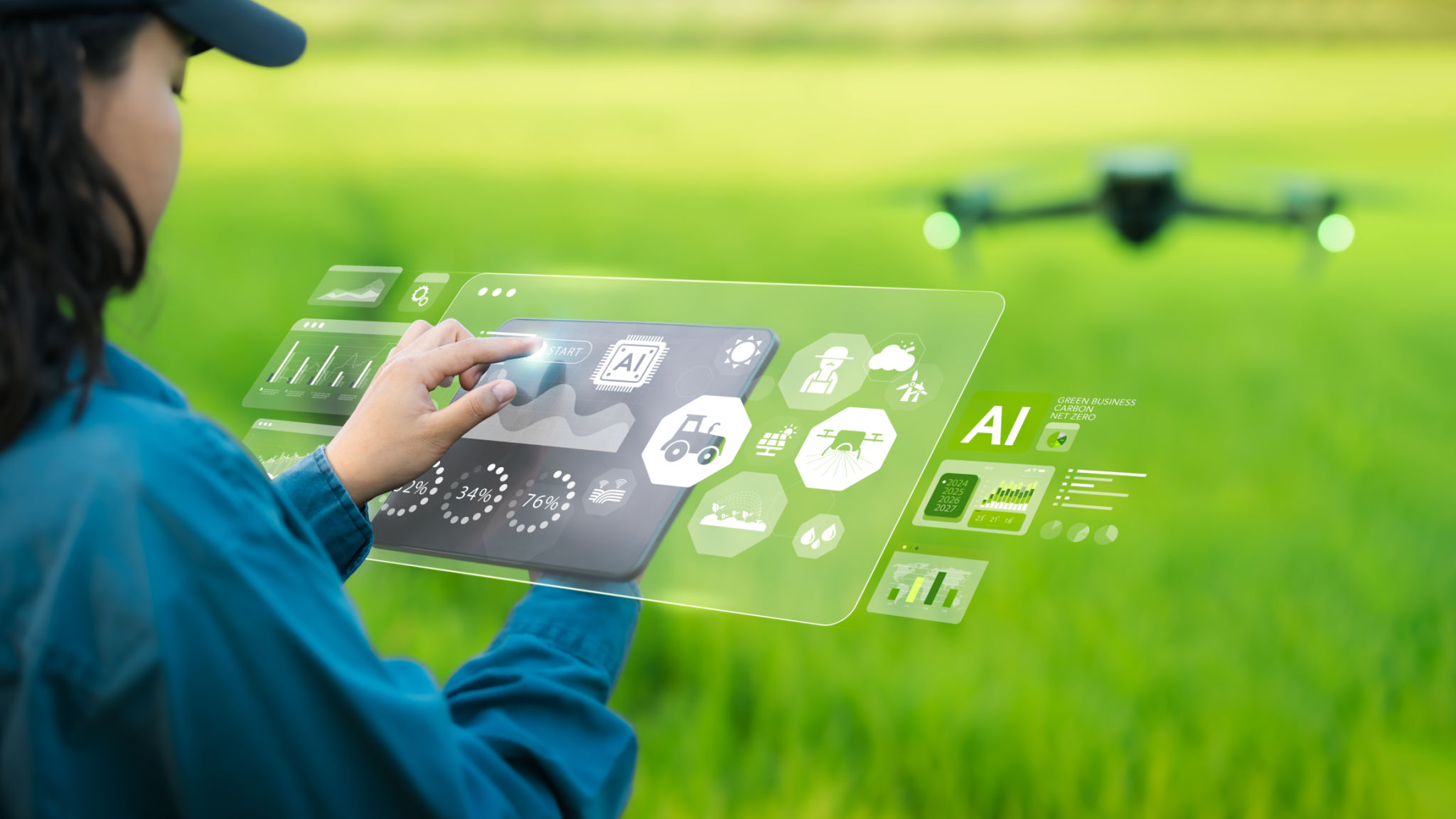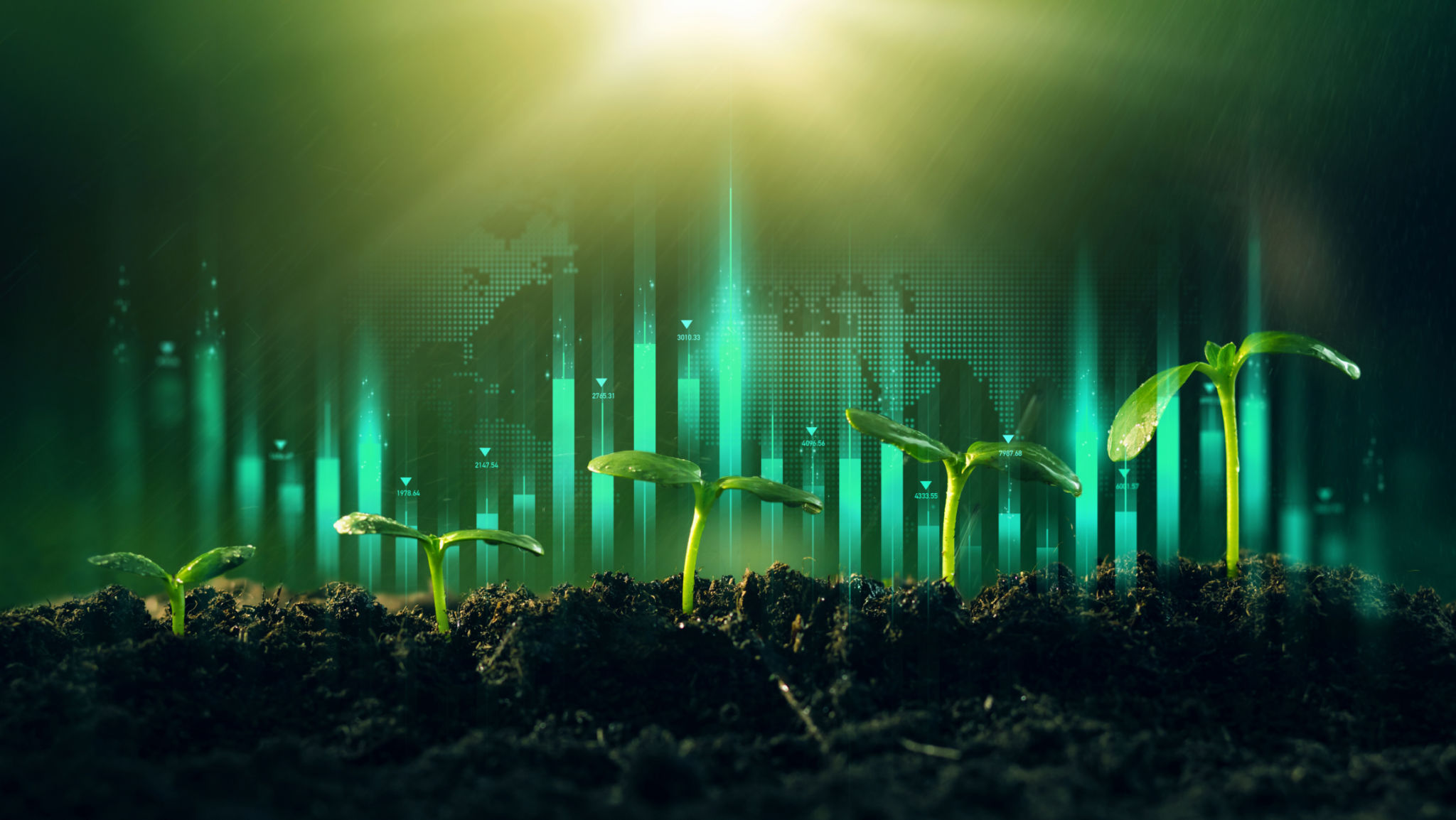The Future of Robotic Farming Innovations: What's Next for Denver?
Introduction to Robotic Farming
As technology continues to advance at a rapid pace, the agricultural sector is experiencing a transformative shift. Robotic farming innovations are at the forefront of this change, promising increased efficiency and productivity. In cities like Denver, where agriculture plays a significant role in the local economy, these innovations are particularly crucial. Robots are not only reshaping traditional farming practices but are also paving the way for a more sustainable future.

Current Innovations in Robotic Farming
Today, robotic farming encompasses a range of technologies designed to optimize agricultural processes. From autonomous tractors to precision seeders, these machines are designed to handle a variety of tasks traditionally performed by human labor. In Denver, farmers are already seeing the benefits of adopting these technologies, which include reduced labor costs and higher yield efficiency.
One of the most promising innovations is the use of drones for aerial surveying and crop monitoring. These drones provide real-time data, allowing farmers to make informed decisions about irrigation, fertilization, and pest control. This not only improves crop quality but also reduces environmental impact by minimizing resource usage.
The Role of Artificial Intelligence
Artificial Intelligence (AI) plays a significant role in enhancing robotic farming systems. AI-powered analytics can predict weather patterns, optimize harvest schedules, and even suggest crop rotation strategies tailored to specific soil conditions. In Denver, AI integration is helping farmers anticipate challenges and make proactive decisions to safeguard their crops.

Furthermore, machine learning algorithms are being developed to identify plant diseases at an early stage. By detecting issues before they become widespread, these systems can significantly reduce crop loss and increase overall farm productivity.
Sustainability and Environmental Impact
Robotic farming innovations are also contributing to more sustainable agricultural practices. By using precision agriculture techniques, farmers in Denver can apply inputs like water and fertilizers more efficiently, reducing waste and lowering their carbon footprint. This approach not only conserves valuable resources but also helps protect local ecosystems from overexploitation.
Moreover, the implementation of solar-powered robotic systems is gaining popularity. These machines harness renewable energy to perform their tasks, supporting Denver's commitment to environmental sustainability.

Challenges and Considerations
Despite the numerous benefits, the adoption of robotic farming technologies is not without its challenges. High initial costs and the need for technical expertise can be barriers for smaller farms in Denver. Additionally, there are concerns about data privacy and cybersecurity, as these systems often rely on cloud-based platforms.
Addressing these challenges requires collaboration between technology providers, policymakers, and the farming community. By working together, stakeholders can ensure that these innovations are accessible and beneficial to all farmers.
The Future Outlook
The future of robotic farming in Denver looks promising as more advancements continue to emerge. Innovations such as autonomous harvesting robots and soil health sensors are on the horizon, promising to further revolutionize agricultural practices. As these technologies become more affordable and widespread, they will undoubtedly play a crucial role in shaping the future of farming in Denver.

Ultimately, embracing these innovations will not only improve efficiency and productivity but also support a more sustainable and resilient agricultural landscape. As Denver continues to lead in agricultural advancements, it sets a precedent for other regions aiming to harness the power of technology in farming.